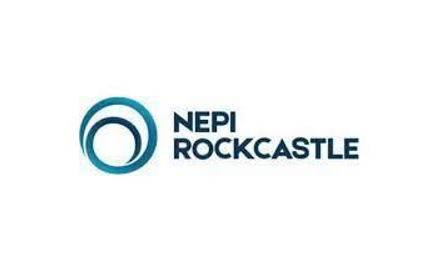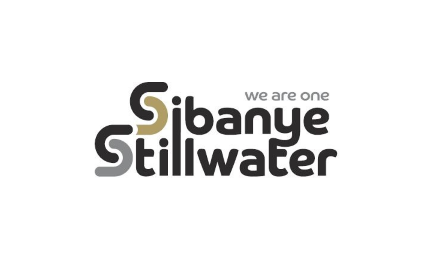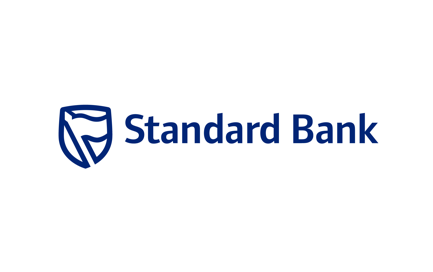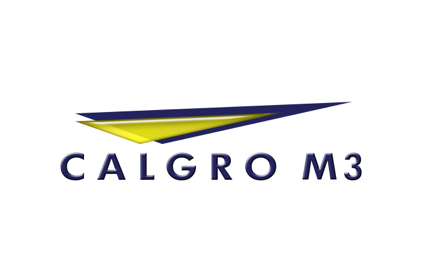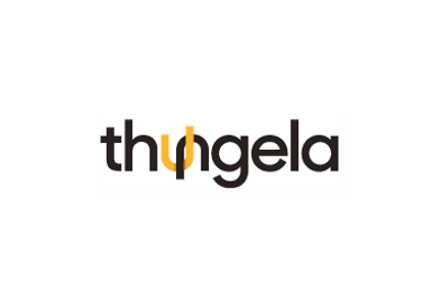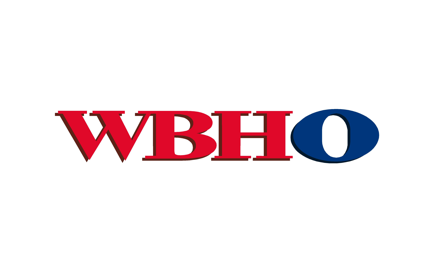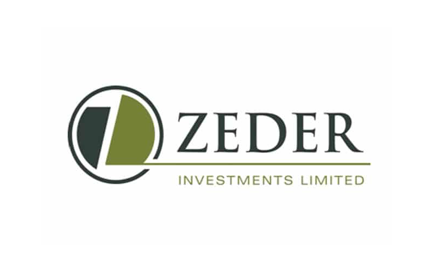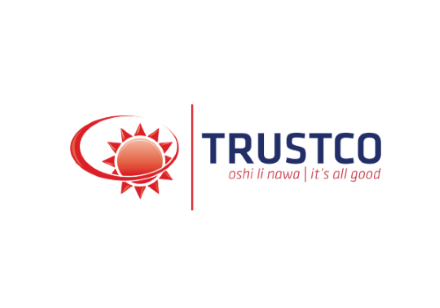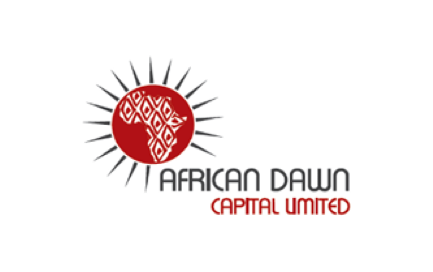The end is in sight for litigation at British American Tobacco’s Canadian subsidiary (JSE: BTI)
There are big numbers being thrown around here
Back in 2015, a court in Quebec ruled that major tobacco companies were guilty of not warning their customers about the links between cigarettes and cancer. This prompted the majors (including British American Tobacco) to place their Canadian operations in bankruptcy while kicking off negotiations of a settlement. The law allowed these operations to keep running in the meantime.
From what I’ve read online, it looks like a total settlement of C$32.5bn is on the table, working out to roughly C$100k per person. British American Tobacco is only a portion of this (although they don’t disclose how much), with the settlement to be funded by cash on hand and the money they will make from the future sale of tobacco products in Canada.
CA Sales Holdings announces another bolt-on acquisition (JSE: CAA)
This is such a good way to boost growth
CA Sales Holdings is one of the best local stories of growth and excellence in execution. The management team simply gets on with it, growing organically (i.e. in the existing businesses) and through selective bolt-on acquisitions that bolster the operations. This is the perfect way to do it, in my opinion.
The latest deal is to acquire roughly 54% in the MACmobile Group for R37.5 million. This gives them control of the group, while keeping the remaining shareholders motivated to keep running the business. Again, this is the perfect way to do it.
With customers in 16 African countries and a business built around route-to-market in the FMCG space, it’s an obvious strategic fit with the rest of the CA Sales business.
The deal is too small for any further disclosure, so we don’t know how profitable MACmobile is.
Finbond reminds us that share buybacks work against you when you’re loss-making (JSE: FGL)
This isn’t something you’ll see every day
Generally speaking, loss-making groups aren’t the most active when it comes to share buybacks. After all, they are focusing on sorting out the losses rather than returning capital to shareholders!
The situation is different at Finbond, where there was a major repurchase from a related party in December 2023. As the group is still working back towards profitability, we have the really unusual outcome of losses being concentrated among a smaller number of shareholders thanks to the buybacks. In other words, buybacks work against you when the company is loss-making!
This is why the headline loss per share for the six months to August has deteriorated by between 51% and 71% to between 1.87 cents and 2.12 cents. Sitting behind this is a move in headline losses of up to 17%, so you can see how the change in the number of shares in issue has such a large impact.
If Finbond delivers on its promises, then the buybacks will be very helpful over the long-term.
The jury is still out on whether current shareholders will be around to see it, as Finbond released a cautionary announcement at the end of August regarding discussions with a shareholder regarding a potential corporate action. The company now has permission from the TRP to approach additional shareholders.
This sounds a lot like there might be a potential offer on the table, although nothing is confirmed at this stage. The share price is up a whopping 148% year-to-date in anticipation!
NEPI Rockcastle had no problem raising capital (JSE: NRP)
If you weren’t invited to the party, you’ve been diluted at a discount
NEPI Rockcastle has tapped the market in the typical way that we see at property funds: an accelerated bookbuild that raises a lot of money (in this case €300 million) in the space of literally a day. The new shares being issued represent 6.2% of shares in issue, so you can clearly see the power of public markets here and how quickly a property fund can grow.
The downside? Dilution for investors who didn’t participate. This is only a problem if the shares are issued at a discount to market value. If they are issued at market value, then there’s no value dilution here because shareholders are no worse off whether they sell their own shares at market value or the company issues more shares at that market value. But if the shares are issued at a discount (in this case 4.36% to the closing price), then someone else owns shares in the underlying assets at a better price than you would be able to get if you tried to buy the shares on the market.
Investors should always keep an eye on capital raises as a source of dilution. The other trick of course is the use of scrip dividend alternatives, where shares are issued in lieu of cash dividends. Over time, these dilutionary impacts can really add up even if the cash is being invested in solid underlying projects.
Although Fortress Real Estate (JSE: FFB) has been reducing its stake in NEPI by using the shares to solve its own capital structure problems and to entice investors into scrip dividend alternatives, Fortress just couldn’t stomach the dilution here. They avoided dilution of their 17.11% stake by subscribing for NEPI shares worth R1.9 billion, funded by euro-denominated debt.
Reinet seems to have had a great quarter (JSE: RNI)
The underlying fund’s NAV is up
As a precursor to the release of the group level net asset value (NAV) per share, Reinet always releases the NAV of the underlying Reinet Fund. This gives a very good idea of the direction of travel for the group’s value, as the fund is the bulk of the assets in the group.
Between June and September, Reinet Fund’s NAV increased by 4.9% to €38.48. That’s a really strong quarter!
Renergen’s losses have worsened due to production delays (JSE: REN)
From here on out, they simply cannot miss a beat
Despite the fact that Renergen is indeed producing helium, the share price is down 37% this year and 62% over three years. Now, the three-year move is explained by how utterly absurd the situation was with this share price in the height of the pandemic, when local retail investors were buying it with little or no understanding of the underlying value. But as for the year-to-date move, the explanation isn’t so simple. I think that the market has been nervous about the production delays and the extent of capital raising ahead for the group. When a growth story loses favour in the market, it’s hard to win that popularity back.
Although it’s not a surprise that Renergen is losing money at this stage in the journey, it’s still not going to help that the six months to August was a headline loss per share that is between 43% and 63% worse than the comparable period. The issues during the commissioning period were to blame here, as Renergen has had a rough start to its life as a helium producer.
The share price closed over 5% lower in response to this update. I believe that the group has used up the patience of investors and simply cannot have any further major issues going forward. They now need a solid couple of years of delivering on promises.
Santova: light on details and on earnings for that matter (JSE: SNV)
All we know for now is that things have gone backwards
Supply chain and freight services group Santova has released a trading statement dealing with the six months to August 2024. It’s not obvious to me why they call it a voluntary trading statement, as the guided range includes a move of over 20% which triggers a mandatory trading statement.
Anyway, they expect interim HEPS to be between 47.03 cents and 50.04 cents, a drop of between 21.9% and 16.9%. They expect to release results before the end of October.
The share price is flat year-to-date.
Sibanye’s terrible luck continues (JSE: SSW)
If calamity bingo was a game, Sibanye would win
At some point in life, we all tell ourselves that things cannot possibly get worse. The bad luck has to stop eventually, right? Well, Sibanye is proof that something else can always go wrong, with the latest being a bushfire leading to a suspension of the Century operations in Australia.
The most important thing obviously is that all the staff are fine, with the next priority being that all infrastructure has been protected as well. Still, operations are expected to remain suspended until 16 November, so they are losing out on 9,600 tonnes of zinc production.
In a desperate attempt to put a positive spin on things, CEO Neal Froneman is quoted as saying that this incident highlights the threat of climate change and why resource stewardship is so important. Talk about having a lemon with your tequila!
Mid-single digits growth at Standard Bank (JSE: SBK)
The banking business is driving these numbers
Standard Bank provides quarterly information to the Industrial and Commercial Bank of China (ICBC) so it can meet its own reporting requirements. To avoid a situation where there are two levels of information in the market, Standard Bank also reports its high level balance sheet moves for the quarter and gives a brief operational update.
Standard Bank’s equity has gone slightly backwards in the last nine months due to the strengthening of the rand. Africa regions contribute 40% of group headline earnings, so the currency moves are important for the group.
The disclosure isn’t as simple as it should be, but it looks like the Banking business managed mid-teens growth for the quarter and mid-single digits for the nine-month period, so there’s an acceleration there if I’m interpreting it correctly. The decrease in interest rates obviously isn’t impacting them yet, with solid earnings in the banking business assisted by lower credit impairment charges. The drag on earnings was lower trading revenue.
The Insurance and Asset Management segment did well in this quarter, but earnings are flat for the nine months. Again, I find the wording in the SENS ambiguous and I hope I’m interpreting this correctly.
For the 12 months to December 2024, banking revenue growth of low-single digits is expected. This is after the impact of rand translation effects, as the constant currency growth is in the double digits. They expect this to be enough to unlock a flat or improved cost-to-income ratio, which implies better operating margins. Finally, group return on equity (ROE) is expected to be in the 17% to 20% range.
Nibbles:
- Director dealings:
- A prescribed officer of ADvTECH (JSE: ADH) has sold shares worth R4 million.
- Something to keep an eye on in the CA Sales Holdings (JSE: CAA) growth story is that the CEO has sold shares worth R1.34 million.
- One of the Calgro M3 (JSE: CGR) executives on the way out, Waldi Joubert, sold shares worth R1.2 million.
- A prescribed officer of Thungela (JSE: TGA) sold shares worth R242k.
- The executive chairman and ex-CEO of WBHO (JSE: WBO), Louw Nel, is resigning with effect from November. Ex-CFO Charles Henwood will join the board to replace him as executive chairman. The lack of independence at chairman level is why the board has a lead independent director.
- Zeder (JSE: ZED) is the latest company to add its name to the list of small- and mid-caps that have taken advantage of the General Segment of the JSE. This comes after the JSE decided to split the Main Board into the Prime Segment and General Segment in an effort to achieve more balanced compliance requirements for smaller groups.
- Trustco (JSE: TTO) has extended the arrangement that allows Riskowitz Value Fund to invest hybrid or other capital into Trustco of up to $100 million by a further 3 months.
- African Dawn Capital (JSE: ADW) is set to release its annual report in the next week or so. They expect to then begin the process of lifting the trading suspension. Interim results for the six months to August are expected to be released before the end of November, thereby meeting the JSE requirements.






